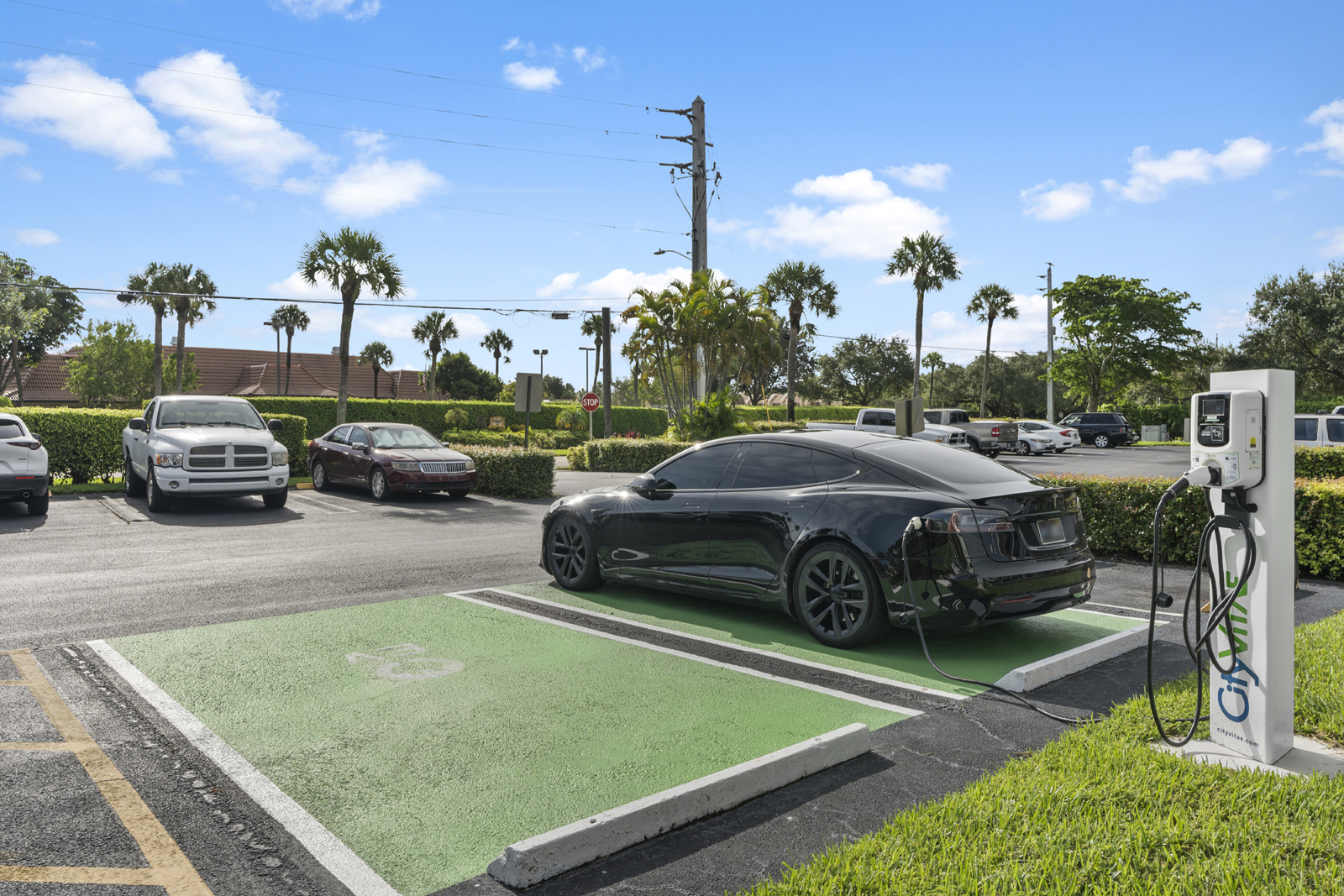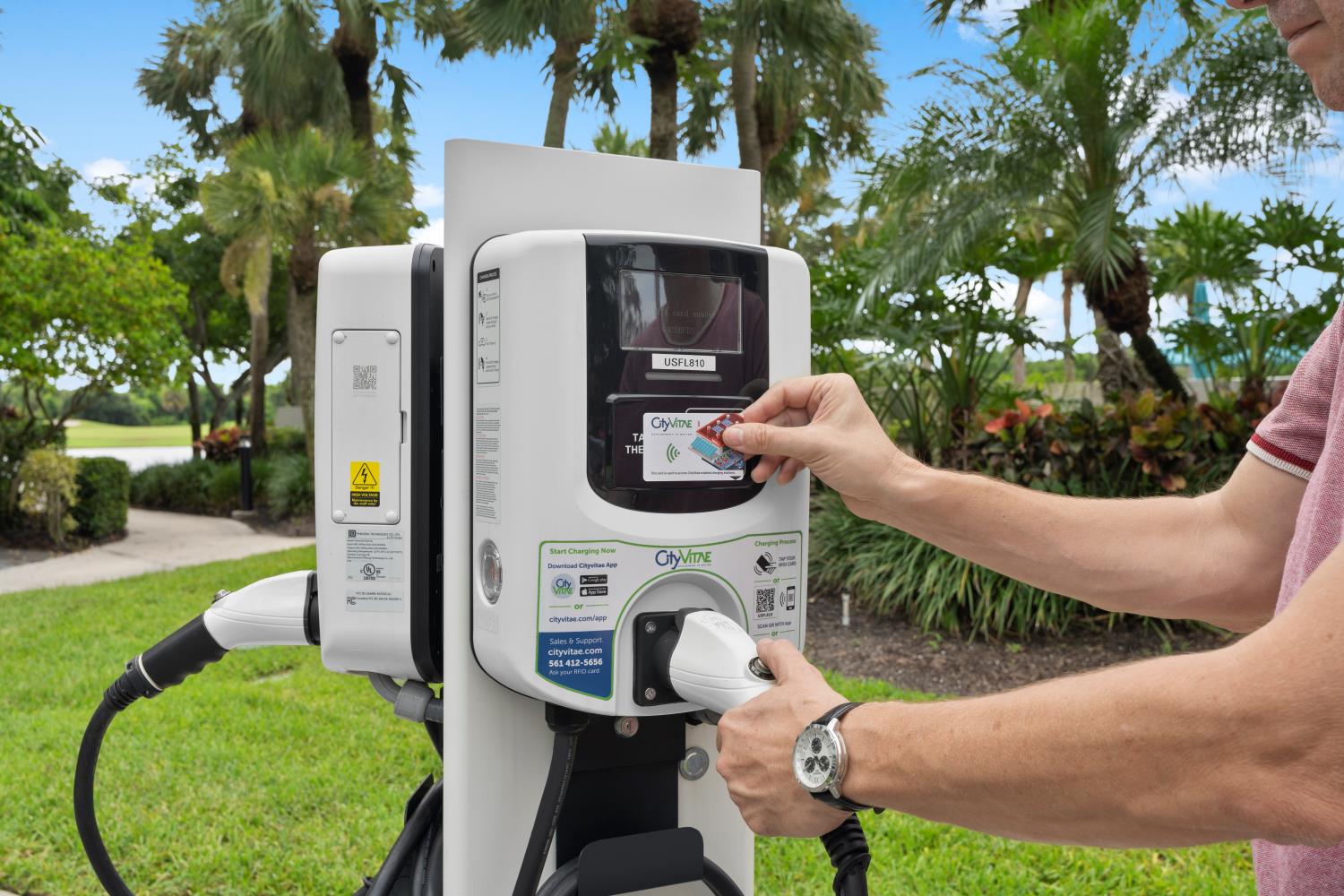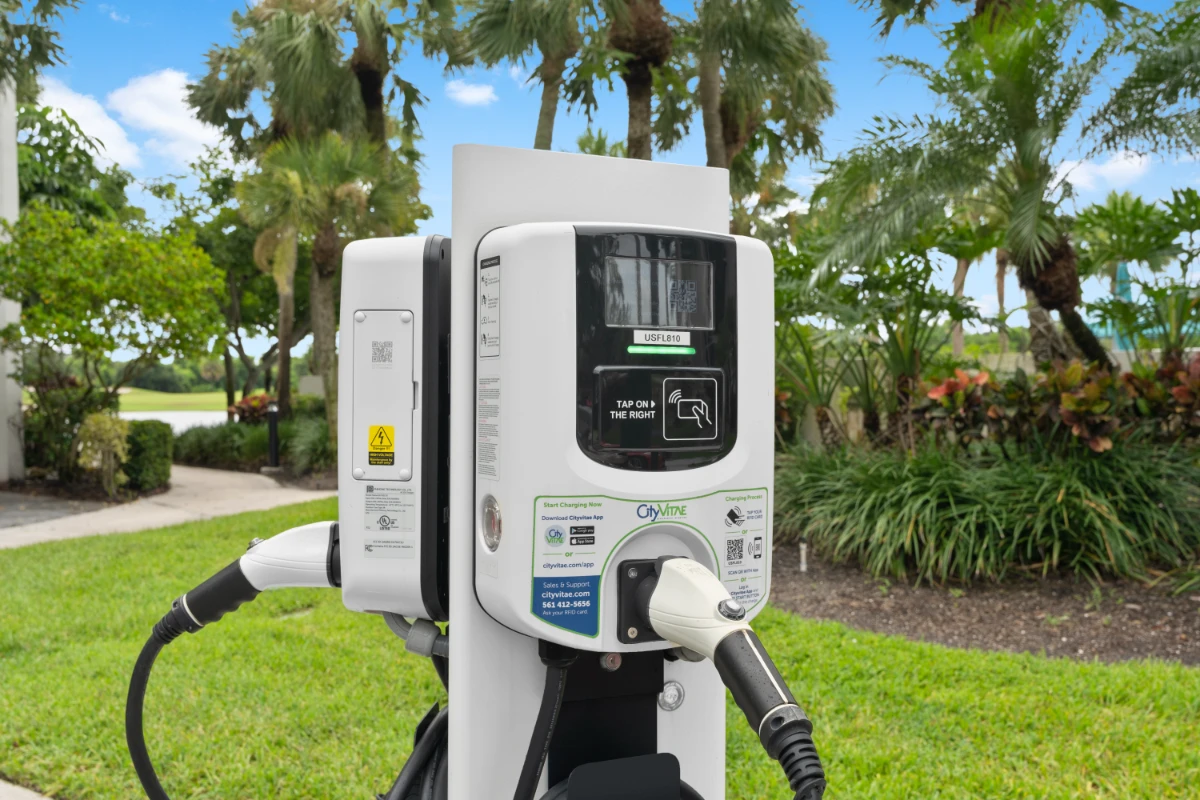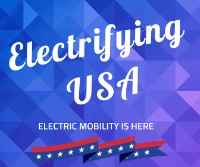Summary
In this fast changing EV business, Thomas Daiber offers 10 valuable tips for new participants to succeed:
1. Charging start-ups should not focus on scaling their product before achieving excellence in their core business; simplicity is the clue!
2. Interoperability issues shouldn’t imply an obstacle for start-ups to progress as there is the possibility to get profit of already existing platforms in the market (Hubet, Gireve, OCPI…)
3. Stop focusing on public EV charging (as the size of car batteries and the charging stations provided power are continually increasing, the need for a dense points-of-charge network will decrease), and do it on home, workplace and electric fleet charging.
4. Focusing on the design of a sales strategy with right distribution channels rather than taking an opportunistic sales approach will give you an advantage, provided you are not a dominant company in your business area.
5. For companies with a commodity or a hardware background, finding and positioning in what you consider to be the epicenter of the value creation for your envisioned future business, to be an active part of the EV charge business value chain, rather than run to acquire companies with the desired skills set or at list find a suitable supplier, will mark the difference.
6. Take profit of the fact that digitalization enables the shared utilization of value assets without owning them, like third-party charging stations and e-mobility providers.
7. Only a shift from a territorial and local mindset to an unfragmented one can enable a network effect and a market expansion by offering interoperable and standard charging solutions.
8. For technology and service companies, it could be a successful option to take advantage of the big EV manufacturers’ market power by supporting them at your first steps, rather than competing with them.
9. For those highly specialized technology firms, focusing on the occupations of horizontal market segments (where 99% of market participants are afraid to enter) could be significantly more profitable than a minimal share of an over populated vertical segment.
10. Except for companies that offer hardware devices (wallboxes, charging stations), aligning with one of the following mainstream business approaches could be a factor of success:
-
- For those investment-intense businesses, the level of sales is considered as a direct consequence of the locations’, with payback periods of 10 to 15 years.
-
- A second approach is that of the white label asset light software businesses with low marginal costs, high scalability and shorter return periods, even that with lower differentiation possibilities.
-
- A business approach focused on the electric car drivers themselves by offering easy and intuitive devices to make the charge at home, at work and on the road an excellent user experience.
Please find the full article on Electrive.com
Anna Mª Francino, Business Development, CityVitae






